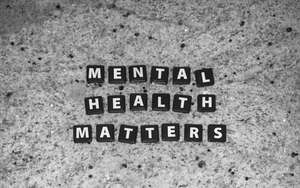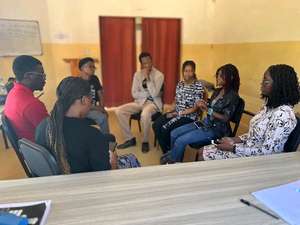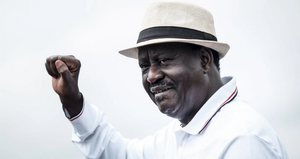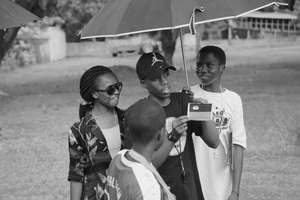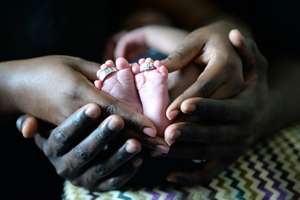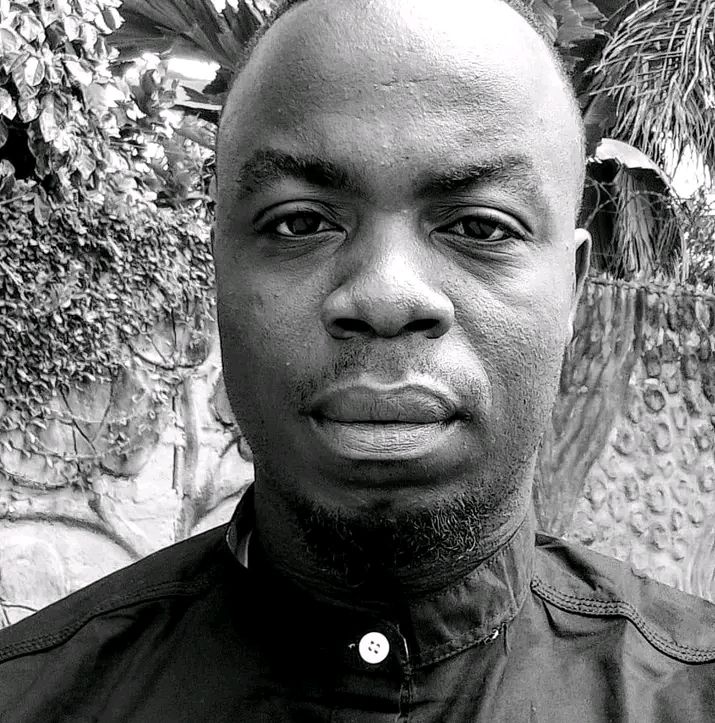Programs
Mental health is among the most under-invested and misunderstood areas in public health. Despite increasing awareness, there remain significant gaps in access, funding, and policy implementation. This is all chiefly a direct function of a single variable: a lack of readily accessible, localized data.
Mapping mental health in Kenya is more than just gathering statistics; it is about producing an up-to-date description of mental health in beginning with the most affected counties. We seek to receive information on where government hospitals and clinics are, and in fact, informal support groups within the communities. Our intention is to uncover where there is service, where there is a lack, and what individuals' actual experiences are through the system.
The biggest outcome of this mapping work will probably be creating services based on facts. Mental health workers and planners now deal with incomplete information, which makes it hard to distribute resources. With new maps showing service coverage, patient needs, and obstacles to care, health authorities at the national and local levels can more effectively direct funding, assign mental health staff, and blend services into the larger healthcare system.
Mapping also assists in policy advocacy. Decision-makers and lawmakers are more inclined to take notice of compelling and clear data. Our mapping study provides lawmakers and policy leaders with a clear guide on where money is most needed. This shall assist in shaping policies, particularly in regions with higher rates of suicides. Our mapping initiative serves as a platform for innovation. Mental health specialists, tech entrepreneurs, and NGOs shall make the most of the open-access data in creating mobile apps on mental health, launching campaigns, and experimenting with targeted solutions.
Through donations by generous partners and a recent grant by yet another mental health organization, we are expanding our work. This funding will be used to educate volunteer mappers, equipping them with data transmission devices, and giving them branded equipment so that they are easily identifiable. This will protect them and ensure that they are known as they perform this valuable work. Kenya cannot make its mental health systems better without first understanding them. By mapping, we can show what is hidden, so that no area, person, or problem is missed.
Where Data Meets Humanity
The combination of quantitative information and human understanding drives our mission to improve mental health services in Kenya. We think that a complete view of the complex mental health situation needs not just the analysis of data but also an exploration of the experiences of different populations. This is where mental health mapping becomes important. It provides us with a solid basis and a clear method to identify resources and assess needs, which supports all our efforts. However, it remains just a tool. To be truly effective, it needs the active involvement, attentive listening, and deliberate actions of the community. In response to this gap, our volunteer programs turn raw data into practical support, clarity, and real change.
Our Volunteer Programs:
We would love for you to be a part of this important project. Our volunteering work is more than just following procedures; it is an important part of a connected and all-around strategic approach. Your help is a key part of the systemic support we want to build together. You can help by giving a lot of support to those who are most in need, by actively participating in our advocacy work, or by joining local data collection activities. By volunteering, people go from being passive recipients to active co-creators of a future where everyone we want to help in Kenya has a clear path to well-being and no one has to face their problems alone.
Community Mental Health Programs
These programs involve volunteers in collecting and analyzing data to identify mental health resources, gaps, and needs within communities.
Resource Mapping: Volunteers help identify existing mental health services, support groups, and facilities in underserved areas. This data is visualized through maps to guide resource allocation.
Gap Analysis: Volunteers conduct surveys or interviews to pinpoint areas where mental health services are lacking, such as rural regions or marginalized communities.
Data Visualization: Tech-savvy volunteers assist in creating interactive maps or dashboards to display findings, making the data accessible to policymakers and the public.
Volunteers contribute to efforts that reduce stigma, promote mental health education, and advocate for policy changes.
Public Awareness Campaigns: Volunteers organize workshops, social media campaigns, and community events (e.g., Mental Health Awareness Month) to educate the public about mental health issues.
Stigma Reduction Initiatives: Volunteers share personal stories or distribute materials to challenge misconceptions about mental health.
Policy Advocacy: Volunteers engage in lobbying efforts, write to legislators, or join coalitions to advocate for increased mental health funding and better services.
Volunteers provide immediate support to individuals experiencing mental health crises.
Crisis Hotlines: Trained volunteers staff text or phone hotlines (e.g., similar to the Crisis Text Line or National Suicide Prevention Lifeline) to offer empathy and resources.
Crisis Response Teams: Volunteers work with first responders to de-escalate mental health crises in community settings.
Peer Support and Mentorship Programs
Volunteers with lived experience of mental health challenges offer support to others.
Peer Support Groups: Volunteers facilitate or co-facilitate support groups where individuals share experiences and coping strategies.
Mentorship Programs: Volunteers mentor individuals navigating mental health challenges, providing guidance and encouragement.
Volunteers help train community members to recognize and respond to mental health issues.
Mental Health First Aid (MHFA) Training: Volunteers become certified MHFA instructors and teach others how to support individuals in crisis.
Community Workshops: Volunteers lead workshops on topics like stress management, suicide prevention, or cultural competency.
Virtual and Remote Volunteering
These opportunities allow volunteers to contribute remotely, ideal for those with limited mobility or time.
Online Advocacy: Volunteers manage social media campaigns, create digital content, or participate in virtual awareness events.
Remote Data Entry: Volunteers assist in digitizing and analyzing mental health mapping data from home.
Telehealth Support: Volunteers provide administrative or technical support for virtual mental health services.
Volunteers contribute to research projects that inform mental health initiatives.
Community-Based Participatory Research (CBPR): Volunteers collaborate with researchers to design studies, collect data, and disseminate findings on mental health needs.
Program Evaluation: Volunteers help assess the effectiveness of mental health programs, ensuring they meet community needs.
Volunteers work with young people to promote mental health early intervention.
School-Based Workshops: Volunteers deliver mental health education sessions in schools, focusing on topics like resilience and emotional well-being.
Youth Mentoring: Volunteers mentor at-risk youth, providing stability and support.
Volunteers connect directly with communities to raise awareness and facilitate access to services.
Mobile Health Clinics: Volunteers assist at mobile clinics that bring mental health services to underserved areas.
Drop-In Centers: Volunteers staff community centers where individuals can seek immediate support or information.
Volunteers use creative arts to promote mental health expression and healing.
Art Therapy Workshops: Volunteers lead art, music, or writing sessions that help individuals express emotions and reduce stress.
Public Art Projects: Volunteers collaborate on murals or installations that raise awareness about mental health.
Training: We work with our partners to ensure volunteers receive proper training (e.g., crisis intervention, cultural competency) to perform their roles effectively.
Inclusivity: MindTheMap actively involves people with lived mental health experiences to ensure our programs are respectful and relevant.
Flexibility: We offer both in-person and virtual opportunities to accommodate diverse volunteer capacities


